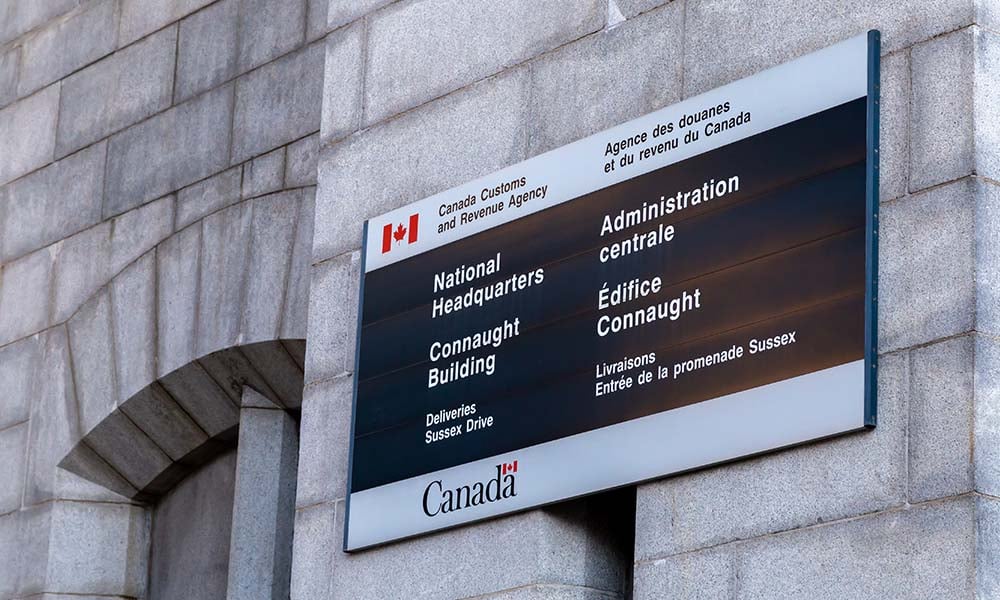Subsidy program's design opens up several pathways for potential audit trails

For many businesses hit by the coronavirus-triggered lockdown recession, the Canada Emergency Wage Subsidy (CEWS) has been an effective solution to help curtail salary expenses while avoiding costly staff cuts. But small-business owners that apply for the program must also be wary of a reckoning down the road.
“While the Government has focused its resources to ensuring that these benefits are delivered in a timely fashion, it is inevitable that the Government will pivot and focus its resources to ensuring that these benefits were delivered to those who actually qualified for them,” wrote David Piccolo of TaxChambers LLP in a blog post earlier this month.
According to Piccolo, the design of the CEWS means that a business’s CEWS application could provide grounds for the Canada Revenue Agency (CRA) to go down a number of potential audit trails. One potential starting point is a review of revenues, specifically with respect to how a business calculated its qualifying revenue as it sought to prove it suffered a year-over-year drop in revenue due to the coronavirus.
“This could raise a number of topics including income suppression, revenue recognition policies, income versus capital gains characterizations, and pricing between non-arm's length entities,” Piccolo said.
Should the CRA detect an attempt at income suppression, it could raise questions as to whether GST/HST has been remitted correctly. Income versus gains characterizations could churn up questions on the kinds of deductions a business was allowed to claim, while pricing issues within non-arm’s length entities could give birth to concerns over the reasonableness of deductions claimed within the group.
“A second potential starting point in an audit could be a review of the business' employees,” Piccolo said, noting that the CRA could investigate whether workers were actually employees and not independent contractors. Employee benefits, allowances, or deductions might also be scrutinized to determine whether they were administered and treated correctly pursuant to the Income Tax Act.
The CEWS – as well as the Temporary 10% Wage Subsidy – are administered via a business’s payroll account. Should an audit create a liability in the payroll account, Piccolo said, corporate directors should be mindful of their potential exposure to directors’ liability under section 227.1 of the Income Tax Act.



